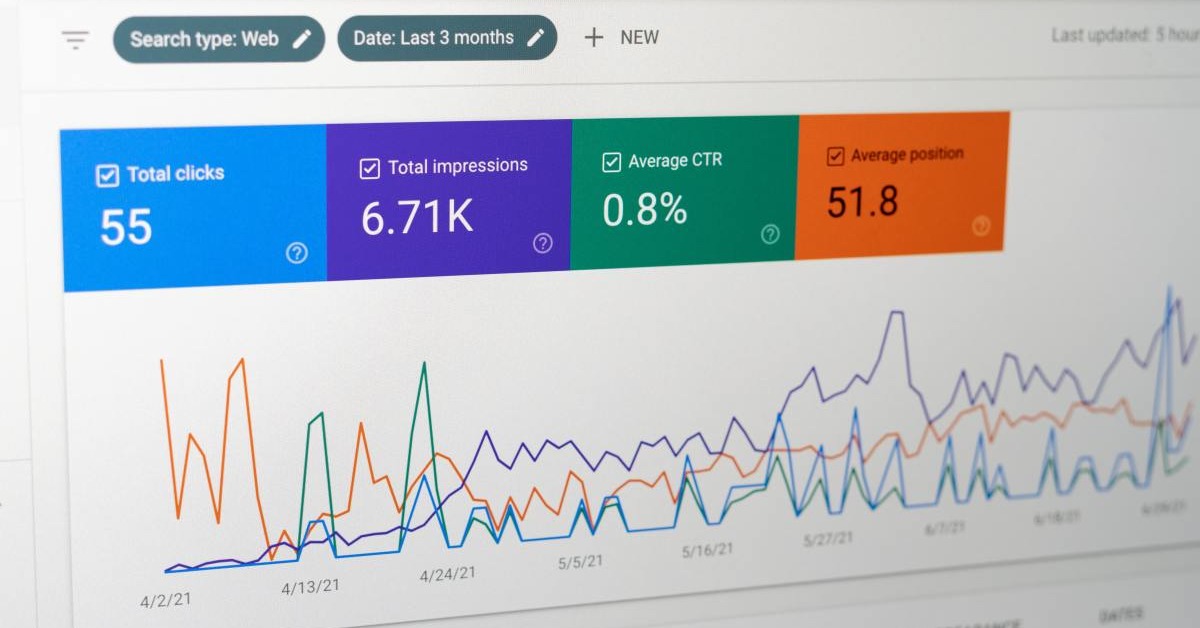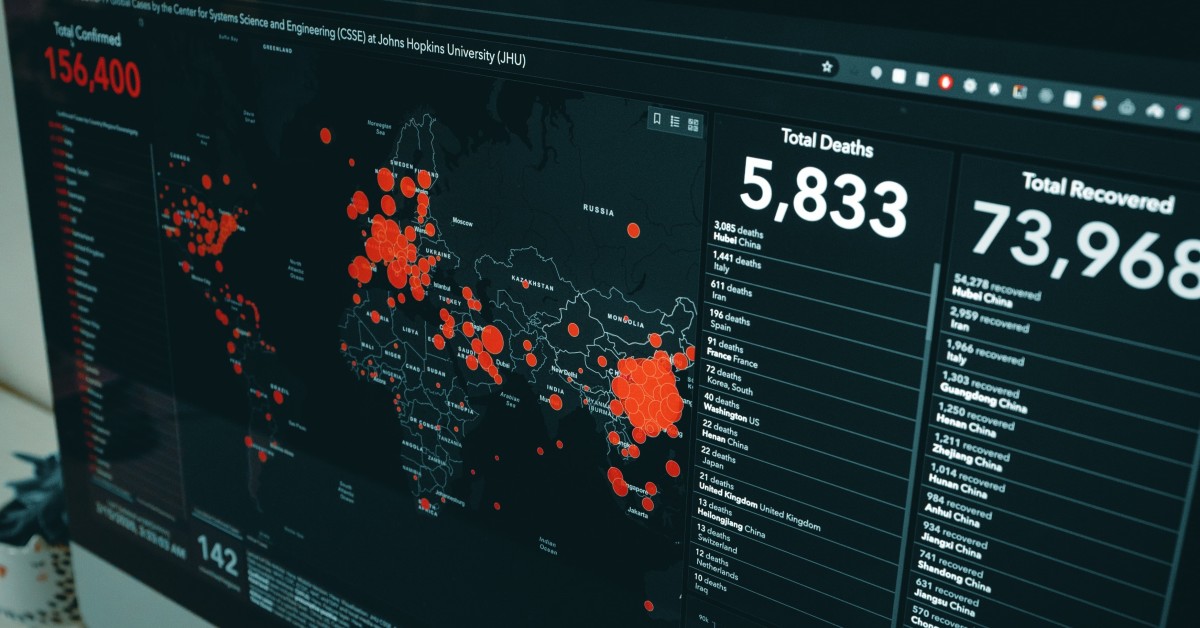This website may earn a commission if you make a purchase after clicking on a product link in this article
American humorist Fran Lebowitz once famously advised: “Stand firm in your refusal to remain conscious during algebra. In real life, I assure you, there is no such thing as algebra.” It was, and remains, a hilarious dismissal of the relevance of mathematics. Unfortunately, it’s also bad advice.
Turns out, there’s plenty of algebra in real life. Also calculus, trigonometry, probabilities, combinatorics, and other mind-searing applications. It’s all over the place, which is why mathematician ranks seventeenth on US News & World Report’s 100 Best Jobs list, and why mathematics majors claim three of the top spots in PayScale’s Majors that Pay You Back list (actuarial mathematics ranks sixth; econometrics ranks eleventh; economics and mathematics ranks seventeenth).
They may not all have “mathematician” written on a business card, but there are a lot of successful people—many making breakthroughs in healthcare, finance, and technology—who use math every day.
This is obviously not a career for everyone. For one thing, you have to be really good at mathematics. For another, you have to like it. But for the right person, a career in mathematics could be a pi-in-the-sky dream come true.
This guide on how to become a mathematician will cover:
- The pros and cons of becoming a mathematician
- Kinds of mathematician careers
- Educational commitment to become a mathematician
- Licensure and accreditation for becoming a mathematician
- Typical advancement path for mathematicians
- Resources for becoming a mathematician
The pros and cons of becoming a mathematician
PROS
- Generous compensation: The average mathematician’s salary is $71,691 per year. It can grow to $101,000 with 20 years (or more) of experience. Mathematicians in specialized fields can earn a lot more (actuaries average $135,000 per year; database architects earn $128,000 annually, according to Payscale).
- High job satisfaction. CareerCast’s annual Jobs Rated report ranks mathematician eighth in overall job satisfaction as a result of good work environments, very low stress, and strong projected growth in the job market. (The number one job, FYI, is data scientist, another occupation suitable to mathematicians.)
- Overall job growth: The job growth rate for the fields of math and statistics is a whopping 30 percent from 2018 to 2028, more than six times the growth rate for the job market overall.
CONS
- Lack of gender diversity: While women earn about half of all bachelor’s degrees in mathematics, cultural structures continue to benefit male students, according to the American Psychological Association. This assertion is borne out in the job world, wheren nearly 75 percent of computer and math scientists are male.
- Potential job decline in certain areas: Some STEM jobs, including some in mathematics, have seen a decline as robotics and artificial intelligence (AI) have taken off. The effect is most pronounced in engineering, architecture, and the physical sciences.
Kinds of mathematician careers
Business Insider ranked the five best jobs for “math freaks” (their words) based on compensation and how much the job actually requires math.
- Mathematicians: median salary, $112,560
- Statisticians: median salary, $84,440
- Physicists: median salary, $118,500
- Mathematical science teacher (post-secondary level): median salary, $77,290
- Actuary: median salary, $110,560
Where can math majors work?
As of 2018, there were roughly 3,000 working mathematicians in the U.S. Most were employed by:
- Federal government agencies: 40 percent
- Colleges, universities, and professional schools: 19 percent
- Scientific research and development services: 15 percent
- Management, scientific, and technical consulting services: 5 percent
- Manufacturing: 5 percent
The top employers of the roughly 44,400 statisticians employed in the U.S. in 2018 include:
- Government: 19 percent
- Scientific research and development services: 14 percent
- Healthcare and social assistance programs: 10 percent
- Educational services: state, local, and private: 9 percent
- Insurance carriers and related companies: 8 percent
- Colleges, universities, and professional schools: 7 percent
A surprising number of mathematicians work for national security agencies as cryptographers.
Educational commitment for becoming a mathematician
While some mathematics occupations may be open to candidates with a bachelor’s degree, most require a master’s degree or doctorate in mathematics or statistics. Statisticians, on the other hand, may be more likely to be able to land entry-level jobs with an undergraduate degree in mathematics, economics, or computer science.
Typical undergraduate mathematics and statistics courses may include:
- Calculus
- Description: Study of limits, derivatives, integrals, and infinite series. It involves the understanding of how functions change and the accumulation of quantities.
- Job Fields: Engineering, Physics, Economics, Computer Science, Data Science, Operations Research, Finance
- Computer Science
- Description: Exploration of algorithms, data structures, programming languages, software development, and computational theory.
- Job Fields: Software Development, Cybersecurity, Data Science, Artificial Intelligence, IT, Robotics
- Differential Equations
- Description: Examination of equations involving derivatives of functions and their solutions. Focus on how these equations model various physical systems.
- Job Fields: Engineering, Physics, Economics, Biology, Environmental Science, Operations Research
- Engineering
- Description: Application of mathematical and scientific principles to design, analyze, and troubleshoot complex systems and structures.
- Job Fields: Civil Engineering, Mechanical Engineering, Electrical Engineering, Aerospace Engineering, Industrial Engineering, Environmental Engineering
- Linear and Abstract Algebra
- Description: Study of vector spaces, linear mappings, and algebraic structures such as groups, rings, and fields.
- Job Fields: Cryptography, Computer Science, Data Science, Economics, Physics, Engineering, Pure Mathematics
- Physics
- Description: Understanding of the fundamental principles governing the natural world, including mechanics, electromagnetism, thermodynamics, and quantum mechanics.
- Job Fields: Engineering, Astronomy, Materials Science, Medical Physics, Environmental Science, Data Science
- Statistics
- Description: Collection, analysis, interpretation, and presentation of data. It includes probability theory, statistical inference, and various methodologies for data analysis.
- Job Fields: Data Science, Market Research, Finance, Healthcare, Social Sciences, Quality Control, Biostatistics, Economics
- Experimental Design
- Description: Study of designing experiments to ensure valid and reliable results. It involves planning how to collect data, determining sample sizes, and controlling for variables.
- Job Fields: Biomedical Research, Psychology, Agriculture, Environmental Science, Market Research, Product Development, Quality Assurance
- Probability
- Description: Examination of the likelihood of different outcomes in uncertain situations. It includes understanding random variables, probability distributions, and stochastic processes.
- Job Fields: Finance, Insurance, Risk Management, Engineering, Computer Science, Data Science, Economics, Operations Research
- Statistical Theory
- Description: In-depth study of the theoretical foundations of statistics, including probability theory, estimation, hypothesis testing, and statistical inference.
- Job Fields: Academic Research, Data Science, Biostatistics, Economics, Quality Control, Government Statistics, Epidemiology
- Survey Methodology
- Description: Focus on the techniques and principles for designing and conducting surveys. It includes sampling methods, questionnaire design, data collection, and data analysis.
- Job Fields: Market Research, Public Health, Sociology, Political Science, Economics, Demography, Government Agencies, Marketing
Licensure and accreditation for becoming a mathematician
Given the wide variety of jobs available to those with an interest and background in mathematics, there is no one single license or type of accreditation necessary for all mathematicians or statisticians. Certain math-related jobs may require licensure; requirements vary based on the specific career path. For example:
- Math teachers at the middle-school and high-school level must obtain a state-issued certificate, and many states require prospective teachers to pass PRAXIS exams. In addition, many math teachers earn a Master of Education (MEd) or Master of Arts in Teaching (MAT) to advance their pay and opportunities.
- Actuaries must take a set of exams from the Society of Actuaries. Most students study for hundreds of hours to prepare for these tests, which can take six to ten years to complete.
- Medical physicists earn an MS or Ph.D. in medical physics, physics, radiation biology, or a related area of study. They must also train in clinical medical physics as part of a residency or postdoctoral program in a hospital setting. These professionals become certified by the American Board of Radiology or the American Board of Medical Physics.
- Statisticians can earn accreditation through the American Statistical Association, which offers two types of accreditation: the Accredited Professional Statistician, or Pstat, and the more advanced option, the Graduate Statistician, or Gstat.
Typical advancement path for mathematicians
Statistics employment is expected to grow 31 percent by 2028 (though everybody just has to take the statistician’s word for it) while mathematics is expected to grow 26 percent. Workers with the strongest prospects will be those with:
- Strong quantitative and data analysis skills
- Computer programming skills and knowledge of programming languages
- Advanced mathematical techniques and modeling
- Strong communication skills
- Ability to interpret and present data findings
Resources for becoming a mathematician
(Updated on July 1, 2024)
Questions or feedback? Email editor@noodle.com
About the Editor
Tom Meltzer spent over 20 years writing and teaching for The Princeton Review, where he was lead author of the company's popular guide to colleges, before joining Noodle.
To learn more about our editorial standards, you can click here.






